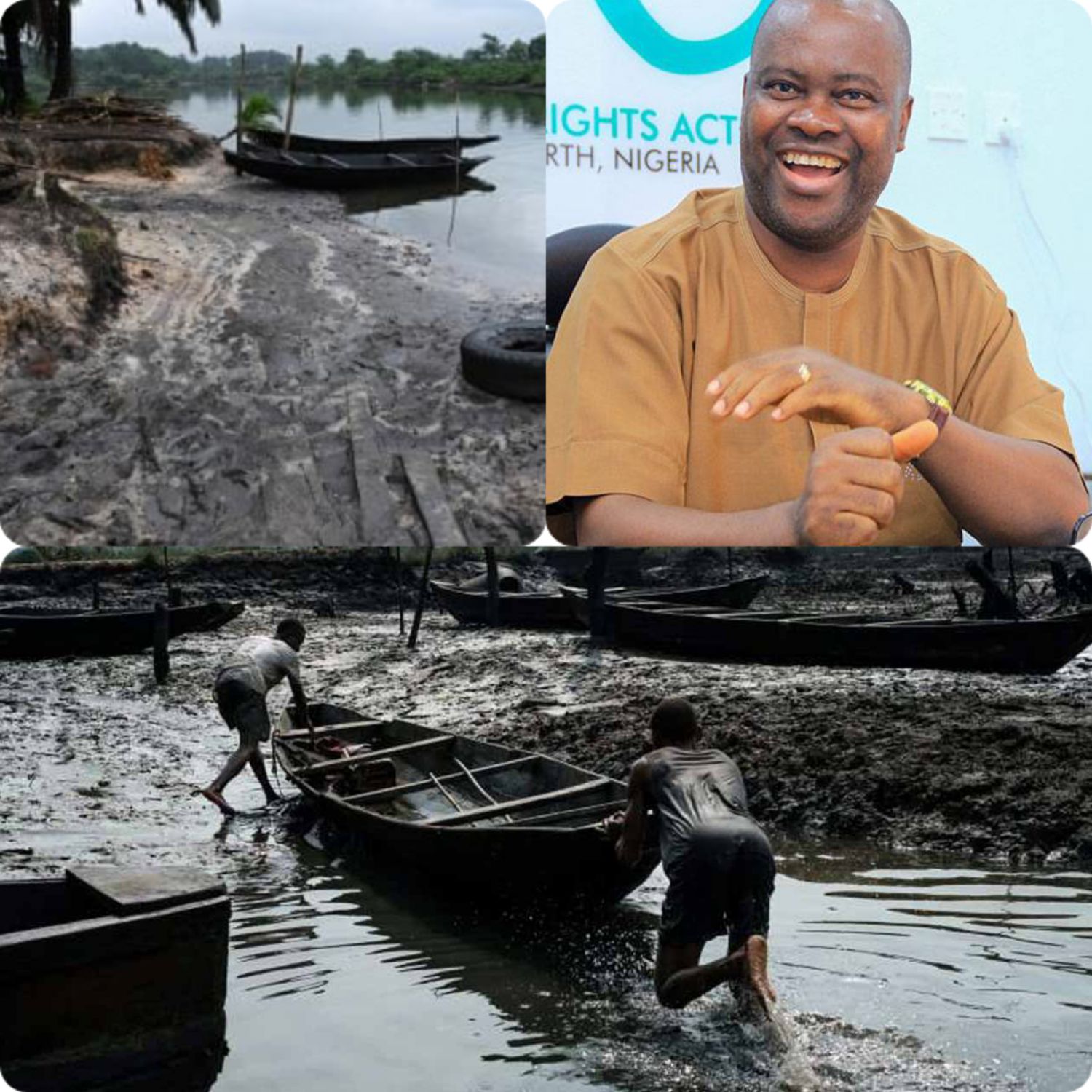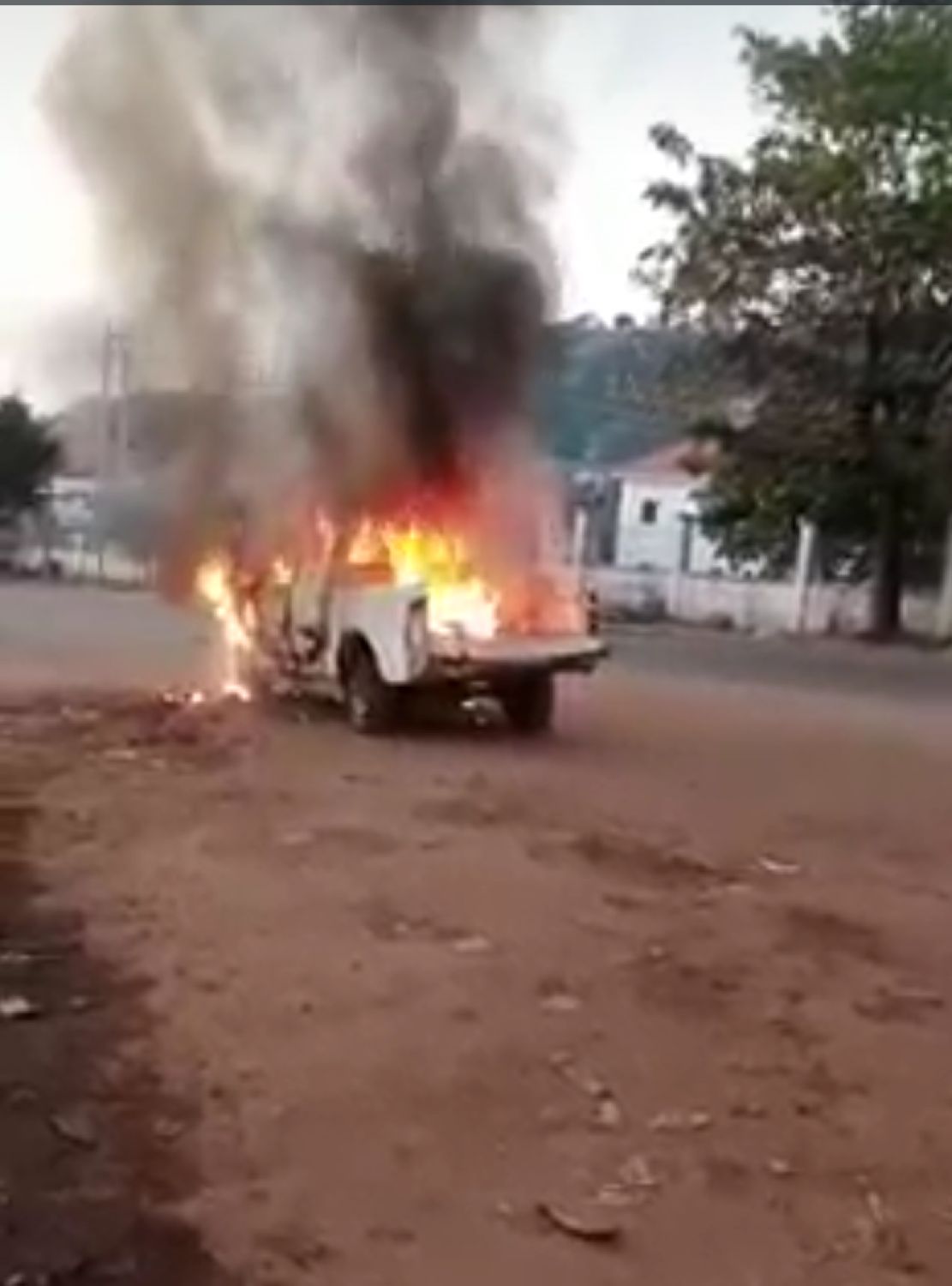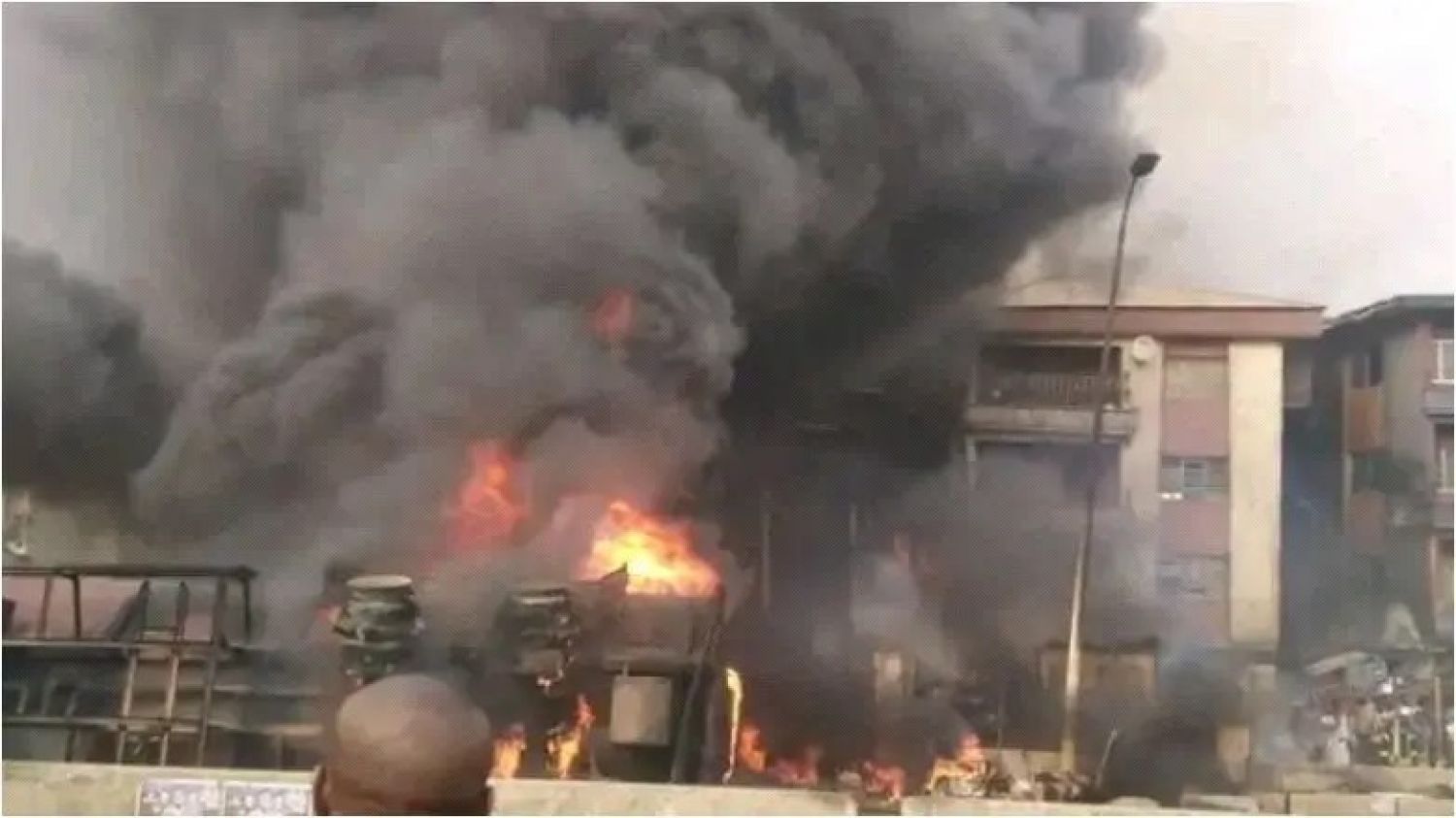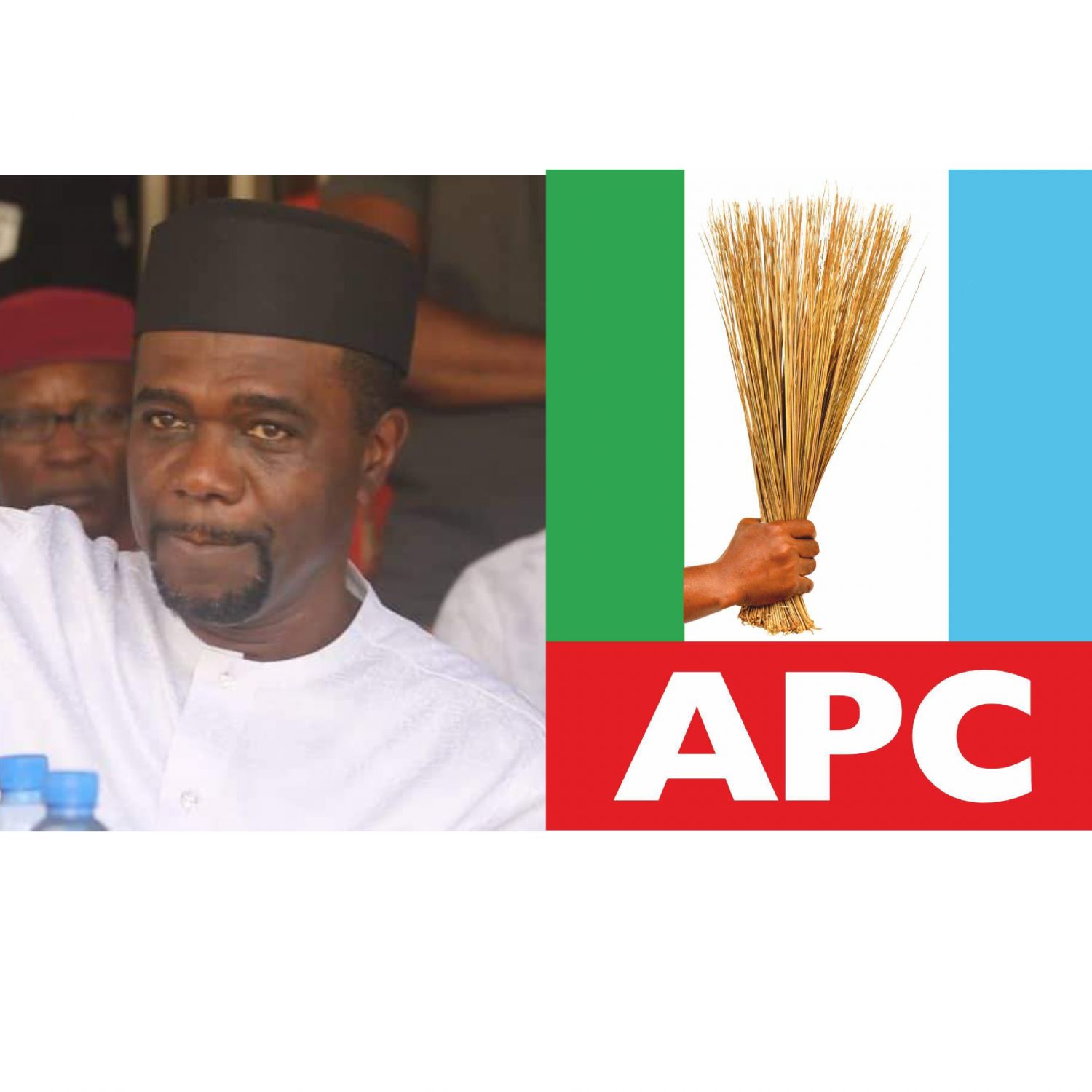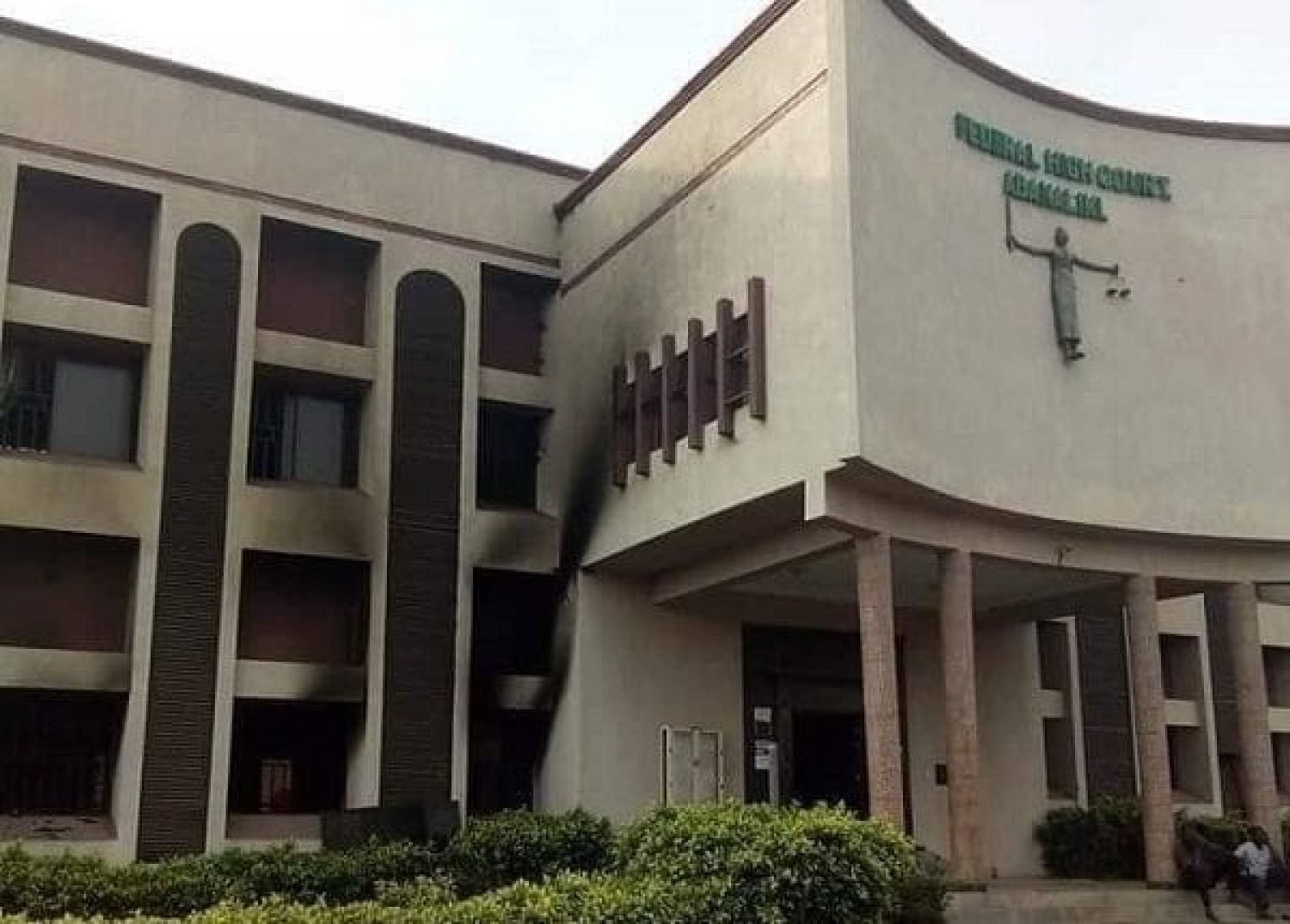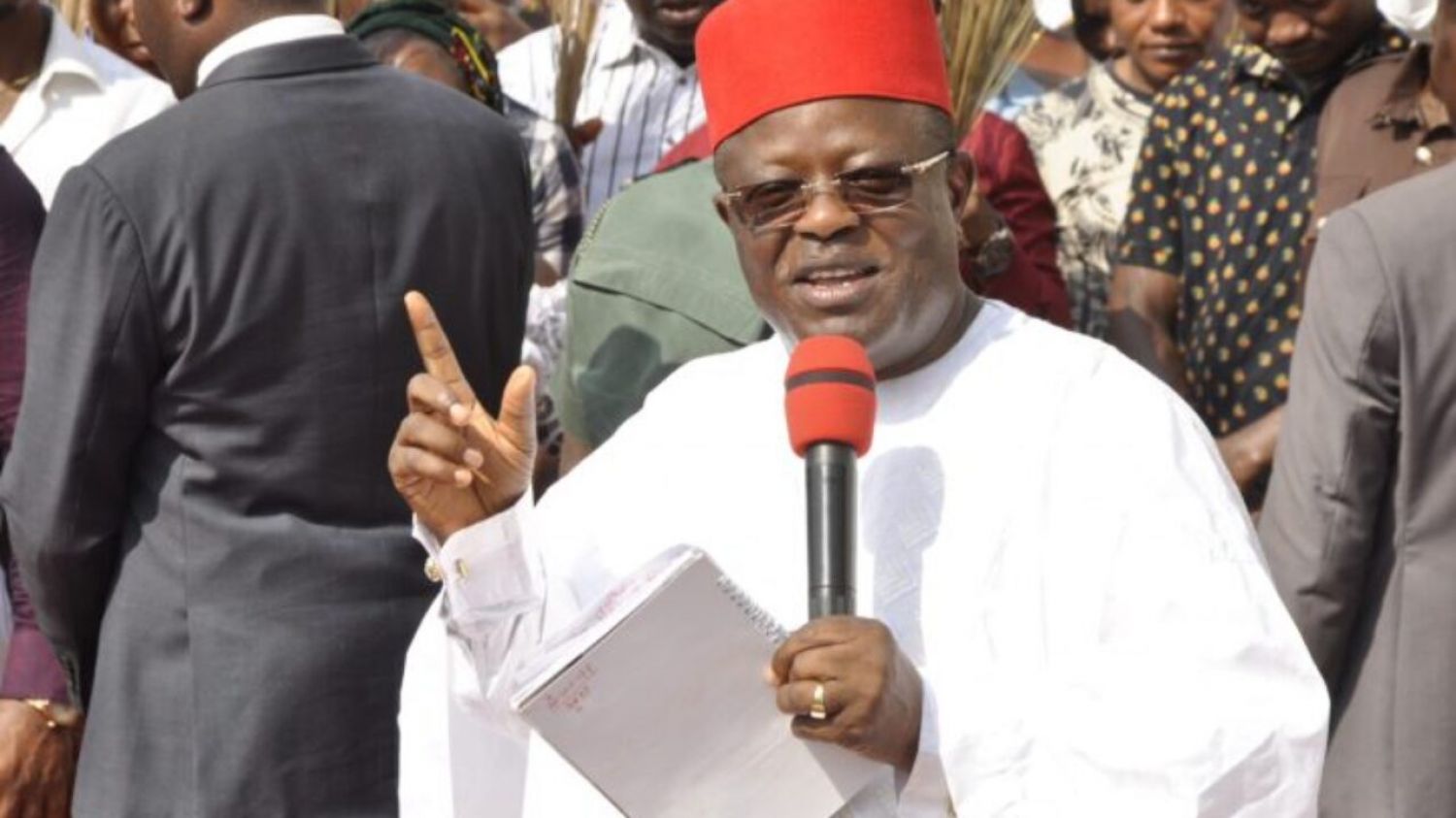Shell Accepts To Pay 15m Euros Compensation For Oil Spills In Niger Delta Communities.
The environmental rights group which has championed the over 15 years legal campaign for the protection of the rights of three affected oil spill communities in the Niger Delta region of Nigeria, Friends of the Earth Nigeria has announced that four Nigerian farmers and their fellow villagers are to receive 15 million Euros from the Nigerian subsidiary of Shell as compensation for oil pollution in their villages.
Shell has equally agreed to install a leak detection system to prevent future oil spills, according to a statement issued by the Executive Director, Environmental Rights Action/Friends of the Earth Nigeria, Barrister Chima Williams in Benin city, Edo State on Friday.
The statement notes: "this historic victory at the Courts and the acceptance of Shell to do the needful is a victory for all".
In 2007, the farmers and fishermen, together with Friends of the Earth Netherlands, had initiated legal proceedings against the headquarters of Shell in The Hague because of the oil pollution which took place between 2004 and 2007 in the villages of Goi, Oruma and Ikot Ada Udo.
At that time, Friends of the Earth Netherlands, together with lawyers Chima Williams who is the current Executive Director of ERA/FoEN, and Channa Samkalden, took up the case and have been in Court since 2008.
The proceedings took so long that all the original claimants in the suit - Barizah Dooh, Chief Oguru, Elder Friday and Alali Efanga, have since died but, victory finally came after over 15 years, as the farmers and their fellow villagers are to receive compensations.
Eric Dooh, a Plaintiff in the case says: “The compensation we receive from the Court case in the Netherlands will enhance a total transformation of the community people and myself in terms of reinvestment in our environment. It will be a relief for all of us when the money is finally paid as compensation for our losses after a long time of legal action against Shell".
Reacting, the Executive Director of the ERA/FoEN, Chima Williams said: “Justice may have been delayed but it has now been served. The resilience of the farmers, their communities, and determination to make Shell pay is a model that will galvanize other impacted communities in the Niger Delta and elsewhere to act and stay on course. Shell’s acceptance to pay compensation and install leak detection system is both unprecedented and signals victory for all parties – the victims, environmental justice campaigners and Shell. Further more, if Shell can do this, it means that there is no hiding place for any corporate polluter as they may run, but cannot hide from the long arms of the law".
A member of the Board of Environmental Rights Development Foundation, Nnimmo Bassey told africafirstnews.com, “The victory of the Niger Delta farmers is a testament that Big Polluters may run but will find nowhere on earth to hide because they will be sought out. We celebrate the farmers still alive to savour this victory and believe the spirit of the deceased four Niger Delta farmers and others will now rest, but corporate polluters will never rest until their operations and attitudes in respect for their hosts, protection of their environment, livelihoods and humanity is guaranteed".
The affected communities are celebrating since the news of the acceptance of Shell to pay them compensations broke. The Paramount Ruler of Oruma(Yiba-Ama) community, HRH Pere Wapeabiama David Amakiri, says, “Though the compensation Shell agreed to cannot replace human life, we have been able to show through our patience and determination in the last 15 years that peoples power will always triumph corporate behemoths. Shell has learnt a good lesson”. His counterpart of Goi community,
Mene Stephen Kobani advised:
“We anticipate that other co-travellers in the fossil fuels industry will now understand that the fires the Niger Delta farmers and fishermen lit in 2008 will continue to rage until they pay up and clean up for their mess in every Niger Delta environment”.
The Nigerian case is unprecedented being the first time in history a corporate headquarters has been held responsible for the actions of their subsidiary in another country

